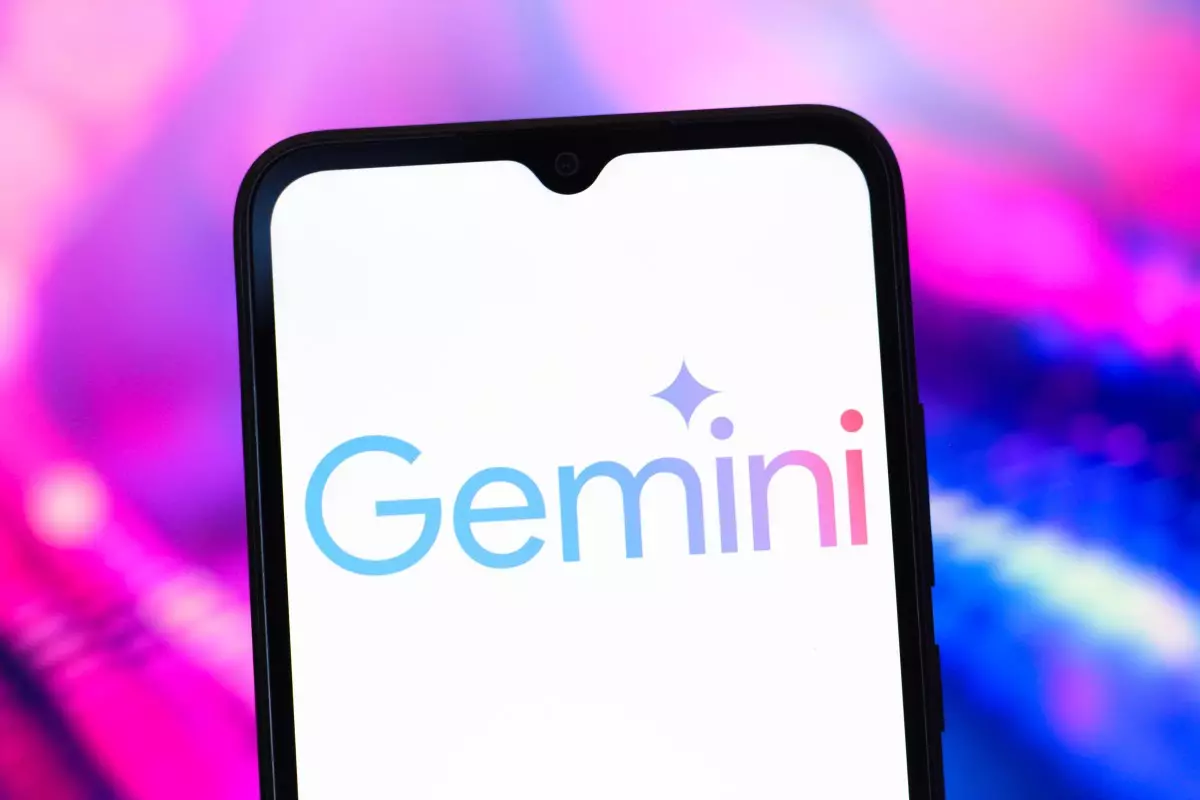In a groundbreaking announcement, Google has decided to sunset its long-standing Google Assistant in favor of a new and improved AI-driven service named Gemini. This strategic shift reveals the company’s commitment to evolving digital interaction and enhancing user experience. The decision was unveiled through a blog post, suggesting that users can expect a phased transition from Google Assistant to Gemini over the coming months. This change marks a notable moment in the tech landscape, as Google aims to streamline its virtual assistant technology while integrating advanced functionality across a wider range of devices.
Phased Rollout of Gemini
The rollout of Gemini isn’t just a simple replacement; it signifies a thorough upgrade meant to enhance the user experience on Android devices. As Google clarifies, Gemini is set to replace Google Assistant across various platforms including tablets, vehicles, and connected devices like smartwatches and headphones. Moreover, the transition promises improvements in smart home technology, with Gemini being deployed in Google’s lineup of speakers, displays, and smart televisions. This comprehensive upgrade illustrates Google’s intent to unify its virtual assistant technologies while infusing them with powerful, innovative features.
Enhanced User Experience Features
Gemini is not just a new name but a promise of enhanced interactivity. In anticipation of its launch, Google has been rigorously refining the Gemini user experience by listening to consumer feedback. This approach not only indicates a focus on user needs but also demonstrates a commitment to incorporating highly requested functionalities. Features like music playback, timer support, and lock screen actions have all been integrated, suggesting that Google is keen on ensuring that this new digital assistant will meet the diverse and dynamic needs of modern users.
The Strategic Move Behind the Transition
While the discontinuation of Google Assistant might raise eyebrows among loyal users, this transition seems well-justified. Not only did Google introduce Gemini alongside the Pixel 9 smartphone line, making it the default virtual assistant, but the company also aims to leverage cutting-edge machine learning technologies that enhance responsiveness and contextual understanding. As a result, this transition isn’t merely a cosmetic update but a re-engineering of how users interact with their devices, promising a smarter, more integrated ecosystem.
With Gemini paving the way for future innovations and capabilities, it becomes clear that Google is not just reacting to current trends but is also anticipating future demands in the realm of artificial intelligence. The migration from Assistant to Gemini reflects a commitment to remaining at the forefront of AI development and consumer desirability. This bold move creates optimistic expectations for what the future holds in our digital interactions, pushing the boundaries of convenience, efficiency, and personalization in our everyday tech experiences.

